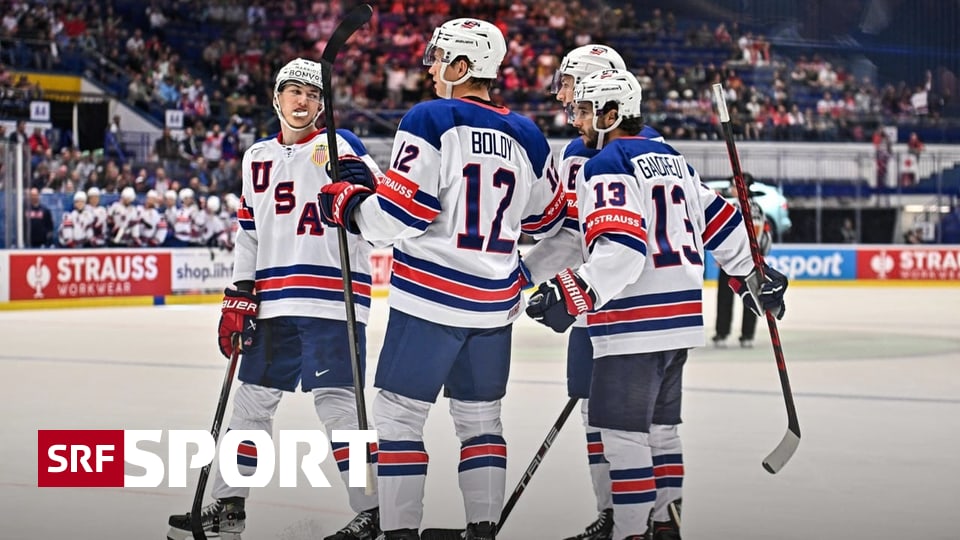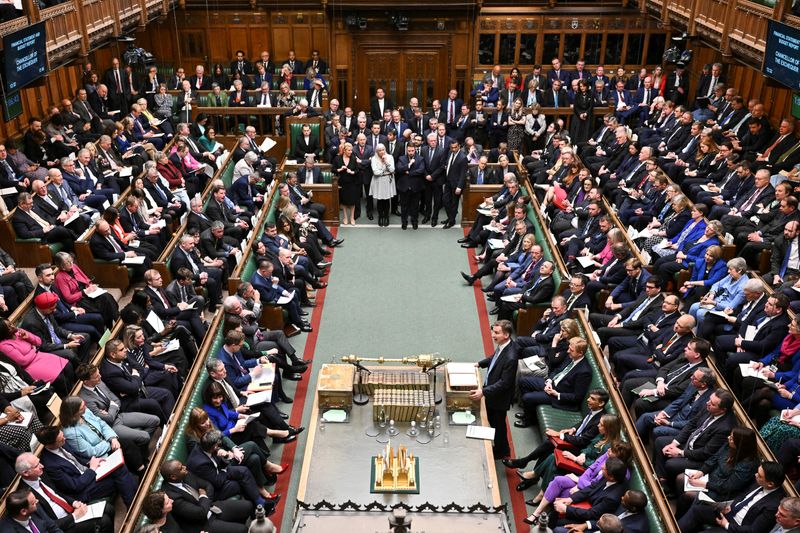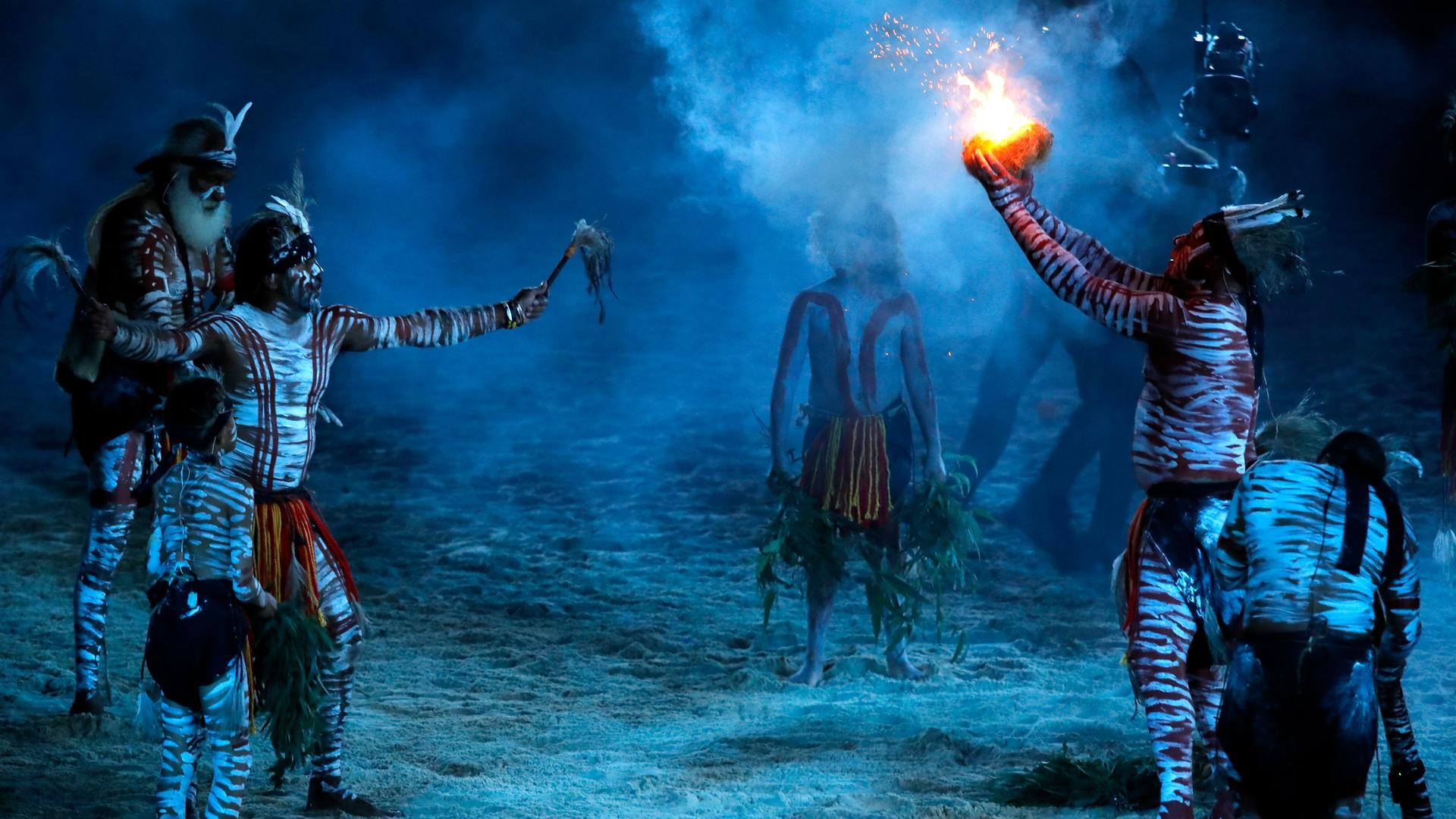Australia’s top sport wants to set an example. At the end of the year, a referendum will be held on whether the tribes should have their own political views. Since the end of May, a total of 27 associations have been promoting the government’s “Yes” campaign.
The move comes from the Department of Social Justice at the country’s most powerful sporting body, the Australian Rules Football League – AFL. It said they did not want to tell anyone how to vote, but wanted to show the values important to the AFL. The campaign was supported by former athletes. For Aboriginal AFL legend Michael Long, political recognition of Aboriginal people in Australia’s constitution is long overdue.
“We as tribal people are still struggling in terms of life expectancy, health and education. We live in the best country in the world. It must not continue like this. So we raise our hand to voice at the highest level of government.
Tribals are disproportionately represented in sports
Only about three per cent of Australians are Aboriginal, but in top-level sport it’s 15 per cent. Indigenous athletes have always been sought after by the country’s sporting elite, advertising media and as role models for the youth. “We look up to all our sports stars, but he doesn’t want to be lectured by rugby or football players,” said Jim Moloney, an AFL fan in Sydney.
“They are good at kicking the ball and should focus on winning, they are not political consultants or constitutional lawyers. This poll divides us racially. In sports, skin color does not determine who makes the team. So why should it apply to government jobs?”
Many reject the referendum
This shows the problem that big sporting organizations like the AFL have. With a million members, there are many who reject the referendum. Do associations still have to position themselves so clearly? “No,” said Bridget McKenzie, who was sports minister in Australia’s then-conservative government two years ago. He criticizes the campaign’s more than 20 associations for agreeing without asking their members.
“There are many reservations about whether individual sports federations have consulted athletes and fans before going public. In a packed stadium, not everyone will agree. I will vote ‘No’. And I find it insulting to be seen as a racist who doesn’t care if the lives of the most disadvantaged indigenous peoples aren’t improving.”
Sport has always brought Australia together
Sport has always brought Australia together. Its popularity is always used: for a good reason, even to celebrate anniversaries. Kneeling against racism, rainbow jerseys for Pride Month and a special sports day honoring Indigenous athletes: “showing your stand” is nothing new on Australian grounds. This time, however, those in charge have gone too far, believes Conservative commentator Chris Kenny, who is actually backing the government’s “yes” campaign. Australians went to the stadium to watch the match, not campaign.
“Politics does not belong to clubs. They have members with completely different views. Everyone is entitled to their opinion. But trying to make everyone feel guilty is not possible.
However, the sports associations’ public statements of solidarity with the government have so far not had the desired effect. Because polls since then have shown that only more Australians intend to vote against the referendum.

“Friend of animals everywhere. Web guru. Organizer. Food geek. Amateur tv fanatic. Coffee trailblazer. Alcohol junkie.”






More Stories
The IMF has warned Britain of further tax cuts ahead of the election
Great Britain: British media regulator is considering sanctions against GB news
Troy Corsair wants to bring Australia back to the front / Superbike World Championship